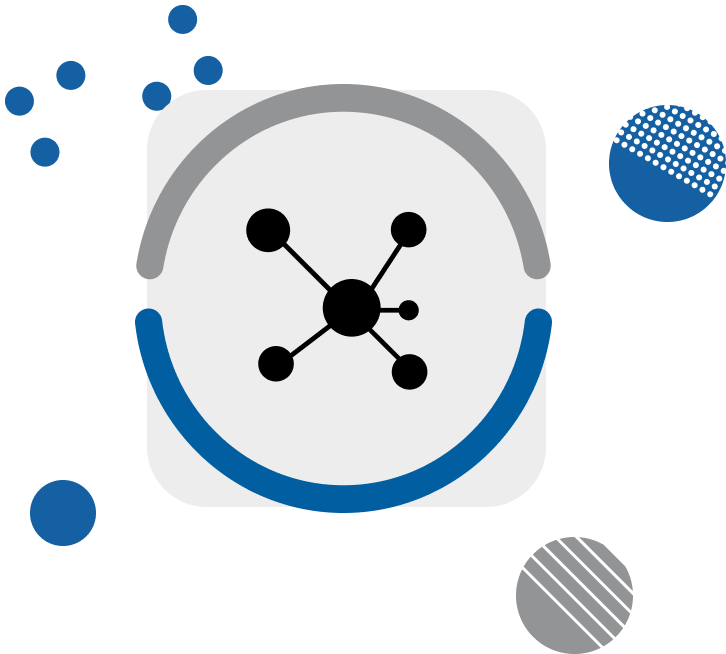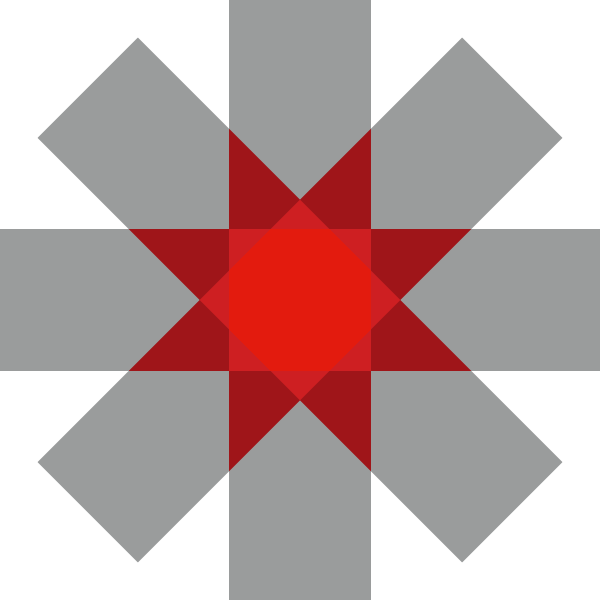Portfolio
Products
Orchestration
Our orchestration solution simplifies complexity and accelerates deployment in data centers, clouds, and edge networks.
Automation
We replace manual network tasks with scalable, reliable workflows, for faster response times, reduced operational overhead, and minimal human error.
Security
From encrypted tunnels to access control and identity-aware networking, our focus is zero-trust, future-proof protection.
Network functions
Modern, high-performance networking components — virtualized, containerized, and ready for deployment across diverse environments.
Orchestration
SandWork
Take full control of your network with SandWork — the intelligent orchestration platform, built to simplify complex operations, automate device management, and accelerate service delivery across modern data centers.
SONiC-enabled Device Support
Enterprise-Ready Deployment

EntGuard VPN

EntGuard VPN provides a convenient and secure way to access protected services from your private network, from anywhere in the world.
Based on WireGuard®
Container Ready
MFA, Radius, LDAP
lighty.io

Versatile & user-friendly SDN controller experience, without limits. Powered by JavaSE. For programmers & solution architects alike.
SDN Backend
Visibility Components
Java SE Runtime
StoneWork

A modular, high-performance, cloud-native networking platform. Combines multiple VNFs into one programmable data plane.
Modular Architecture
Modular Architecture
Modular Architecture

Automation
OpenDaylight
Power your SDN solutions with the experts behind OpenDaylight — PANTHEON.tech is the leading contributor and trusted partner for building, customizing, and supporting OpenDaylight-based network controllers.
